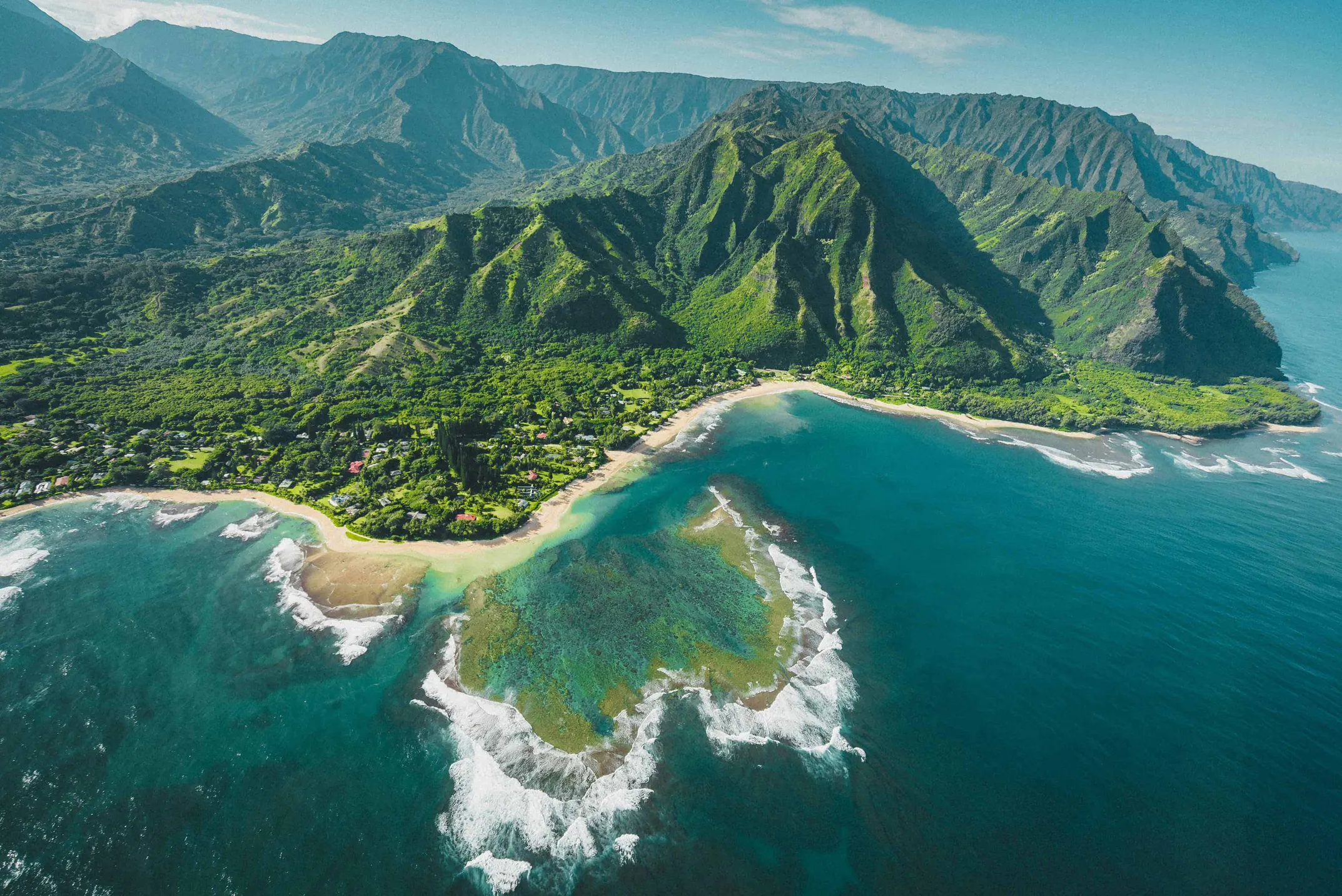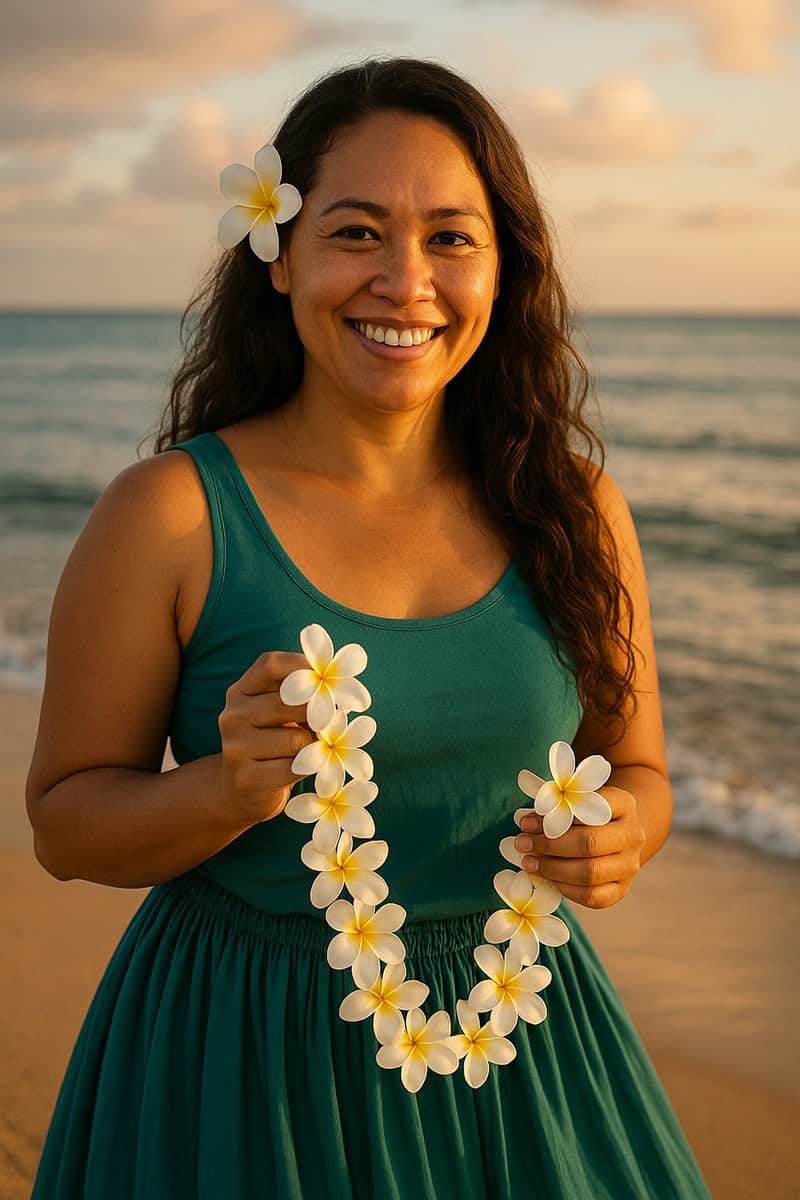

Mālama ʻĀina a me Kai
Tending to Oʻahu's Lands and Waters
Learn how your choices can protect and preserve Hawaiʻi's precious ecosystems

Written by a Local Cultural Guide
Leilani AkoThe Hawaiian concept of ʻāina (land) is profound. It means "that which feeds," showing our intimate, reciprocal relationship with the environment. Mālama ʻāina (caring for the land) and mālama kai (caring for the ocean) are core to travel pono.
This care isn't abstract. The Hawaiian worldview doesn't separate human well-being from environmental health. Actions protecting land and sea preserve systems sustaining life for everyone.
The ʻĀina Hānai – The Land That Feeds
The land itself nurtures us. Show respect by following these essential practices:
🥾 Leave No Trace
- • Pack out everything you bring in, including all trash
- • Stay on marked trails to prevent erosion
- • Protect delicate ecosystems
- • Don't take natural elements like sand, rocks, shells, or coral
🌱 Prevent Invasive Species
- • Brush dirt and seeds from shoes before hiking
- • Clean gear after hiking to prevent spread
- • Stop invasive plant species from spreading
- • Protect native ecosystems from harm
🌋 Important: Pele's Curse & Lava Rocks
Taking lava rocks is said to bring Pele's curse and is illegal in national parks. Beyond the spiritual belief, removing these rocks disrupts geological processes and is against federal law. Leave everything as you found it.
Protecting Ke Kai Ola – The Living Ocean
Oʻahu's surrounding waters are vibrant but vulnerable. Your choices directly impact marine ecosystems.
Reef-Safe Sunscreen is Law and Aloha
Since January 1, 2021, Hawaiʻi banned sunscreens containing oxybenzone and octinoxate. These chemicals harm coral reefs, contributing to bleaching and potentially killing these vital organisms.
What to Use Instead:
- • Mineral-based sunscreens with non-nano zinc oxide or titanium dioxide
- • UPF-rated rash guards for extended water time
- • Wide-brimmed hats and seeking shade during peak sun hours
- • Local brands like Little Hands Hawaii that offer reef-safe options
Avoid These Harmful Ingredients:
- • Oxybenzone
- • Octinoxate
- • Petrolatum
- • High concentrations of titanium dioxide
- • Homosalate
- • Octocrylene
- • Avobenzone
- • Parabens
Coral Etiquette: Protecting Living Ecosystems
Coral reefs are living animal colonies essential for marine biodiversity and coastal protection. Follow these guidelines:
Never touch coral: Even slight touch can damage their delicate tissues and kill them.
Don't stand on coral: Your weight can crush and destroy years of growth.
Watch your fins: Be mindful of fin placement when snorkeling or diving.
Maintain distance: Observe coral from a respectful distance to avoid accidental contact.
Reducing Your Footprint
Simple choices significantly lessen environmental impact during your visit:
♻️ Reusable Revolution
- • Bring reusable water bottles
- • Use reusable coffee cups
- • Carry reusable shopping bags
- • Pack reusable utensils
🚌 Sustainable Transportation
- • Use TheBus public transportation
- • Walk for shorter distances
- • Bike when possible
- • Choose electric or hybrid rental cars
Navigating Popular Sites Pono-Style
To manage visitor impact and enhance experiences at popular natural attractions, Oʻahu requires reservations at several key locations:
🐠 Hanauma Bay Nature Preserve
- • Requires online reservations up to 48 hours in advance
- • First-time visitors must watch educational video
- • Strictly prohibited to touch or walk on coral
- • Marine life conservation area with special protections
💎 Lēʻahi – Diamond Head State Monument
- • Online advance reservations required for out-of-state visitors
- • Manages foot traffic and reduces congestion
- • Hikers must stay on trails to protect fragile habitats
- • Preserves this iconic volcanic crater landmark
Continue Your Pono Journey
Now learn about respectful wildlife viewing and safe distances for marine animals.
Wildlife Guidelines →🧭 Pono Travel Guide
- Introduction
Core concepts & principles
- Cultural Respect
Sacred sites & traditions
- Environmental Care
Protect land & ocean
- Wildlife Guidelines
Safe viewing distances
- Community Support
Local businesses & respect
- Giving Back
Voluntourism opportunities
- Resources
Practical information
☀️ Reef-Safe Sunscreen
✅ Safe Ingredients:
Non-nano zinc oxide, titanium dioxide
❌ Banned in Hawaii:
Oxybenzone, octinoxate
⚠️ Also Avoid:
Homosalate, octocrylene, avobenzone
🌱 Quick Environmental Tips
📅 Reservation Required
Hanauma Bay
48 hours advance booking
Diamond Head
Out-of-state visitors
🌊 Your Impact Matters
Every choice you make affects Oʻahu's delicate ecosystems. Small actions create big positive changes.
• Reef-safe sunscreen protects coral
• Staying on trails prevents erosion
• Reusables reduce plastic waste
